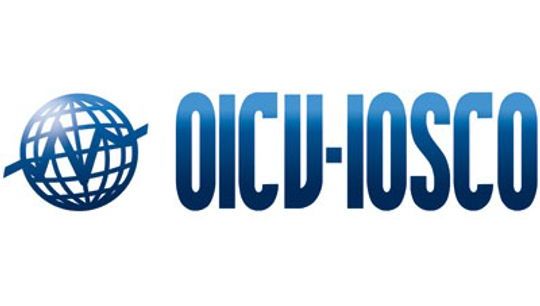OECD – Tax challenges arising from the digitalisation of the economy
Published: 12 November 2019
The OECD’s work under the BEPS Project (Base Erosion & Profit Shifting) some five years ago now left one major issue unresolved – how to tax fairly profits realised by multinational enterprises (MNEs) in the tech and digital industries for which it was agreed that a new mechanism was required in international tax practices. In the absence of this, various countries and the EU have brought forward their own measures which have not met with international acceptance. The OECD and G20 continued to consider potential measures but without reaching a clear consensus. The OECD in its May 2019 Programme of Work document set out a path towards a solution (if it could be agreed) being adopted by the end of 2020, based on the adoption of two “pillars”. Pillar One is concerned with the recalibration of the rules under which MNE profits are allocated to market jurisdictions while Pillar Two puts forward a global anti-base erosion mechanism (GloBE). Significantly, the OECD has moved away from measures targeting particular industries to rules with much wider application which could affect both investment funds and asset managers. The OECD Secretariat has published two consultation documents: AIMA has submitted a response to the Pillar One proposals and intends also to respond to Pillar Two (for which the end date is 2 December 2019). If you require further on information or would like to join AIMA’s OECD Digitalisation of the Economy Tax Working Group, please contact Paul Hale.










